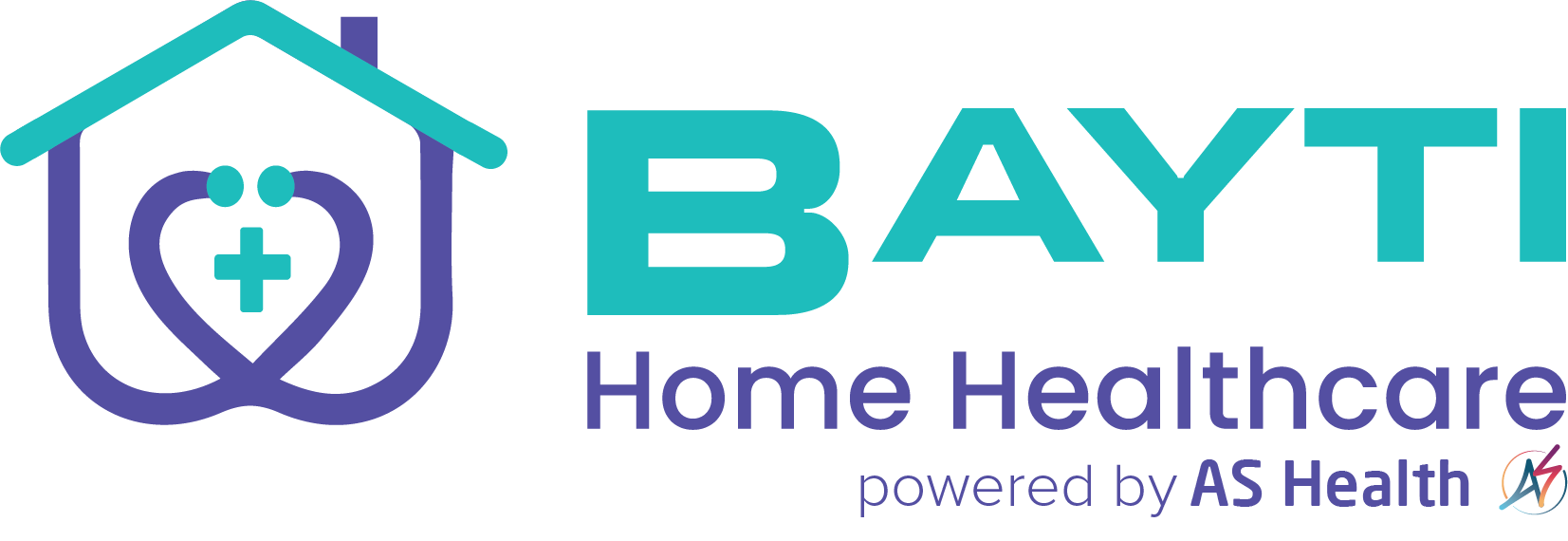Introduction
A cancer diagnosis is life-changing, not only for the patient but also for their loved ones. Navigating treatment and recovery can be overwhelming, requiring not just medical intervention but also emotional, financial, and psychological support. Support for cancer patients plays a crucial role in easing the burden by offering resources that help them manage their journey with greater confidence and comfort.
Comprehensive patient support programs are designed to assist cancer patients in handling the challenges of treatment, medication management, emotional well-being, and post-treatment recovery. Let’s explore how these programs can make a difference in the lives of those fighting cancer.
Key Aspects of Cancer Patient Support
1. Medical Guidance and Treatment Navigation
Understanding treatment options is one of the biggest challenges for cancer patients. A patient support program provides:
- Clear explanations of chemotherapy, radiation, immunotherapy, and surgical options.
- Coordination between oncologists, surgeons, and other healthcare providers.
- Second opinion services for treatment validation.
This ensures that patients are well-informed and can make decisions that best suit their condition and lifestyle.
2. Medication and Side Effects Management
Cancer treatments often come with significant side effects that affect a patient’s quality of life. Best patient support programs offer:
- Personalized medication schedules and reminders.
- Advice on managing nausea, fatigue, and other common side effects.
- Nutritional support to strengthen the body during treatment.
These services help patients adhere to their treatment regimens while minimizing discomfort.
3. Emotional and Psychological Support
Cancer takes an emotional toll, making mental health support a critical component of support for cancer patients. Programs typically include:
- One-on-one counseling with psychologists or therapists.
- Support groups where patients and caregivers can share experiences.
- Mindfulness practices and stress reduction techniques.
By addressing emotional well-being, these programs empower patients to stay positive and resilient throughout their treatment.
4. Financial Assistance and Insurance Navigation
Cancer treatments can be expensive, and many patients struggle with the financial burden. A patient support program helps by:
- Connecting patients with financial aid programs and grants.
- Assisting with insurance claims and reimbursement processes.
- Offering guidance on affordable treatment options.
This financial support ensures that patients can focus on their health rather than medical bills.
5. Nutritional and Lifestyle Support
Maintaining proper nutrition is crucial for cancer patients, as treatment can weaken the immune system and affect appetite. The best patient support programs provide:
- Personalized meal plans designed by dietitians.
- Guidance on foods that boost immunity and reduce inflammation.
- Exercise recommendations tailored to a patient’s energy levels.
These lifestyle adjustments help patients maintain strength and improve recovery outcomes.
6. Post-Treatment and Survivorship Care
Even after successful treatment, cancer survivors require continued care to monitor for recurrence and manage long-term side effects. Support patient services extend to:
- Regular follow-ups and screenings.
- Rehabilitation programs to regain strength and mobility.
- Mental health support for post-treatment anxiety and depression.
A structured survivorship plan ensures that patients transition smoothly into post-treatment life while staying proactive about their health.
Conclusion
Fighting cancer is not just about medical treatment—it’s about holistic support that addresses physical, emotional, and financial challenges. Support for cancer patients through comprehensive patient support programs makes a significant difference in easing this journey. From treatment navigation to mental health counseling, these programs help patients regain control and improve their quality of life.
If you or a loved one is battling cancer, exploring the best patient support programs can provide the assistance needed for a smoother treatment and recovery process.
Bayti Health Services : Home Healthcare | Doctor on Call Abu Dhabi | Homecare Nursing | Patient Support Program | Homecare Physiotherapy Service | Laboratory Service at Home | Home Injection | Blood Test at Home | Babysitting Services | Speech Therapy Services | Caregiver Services


